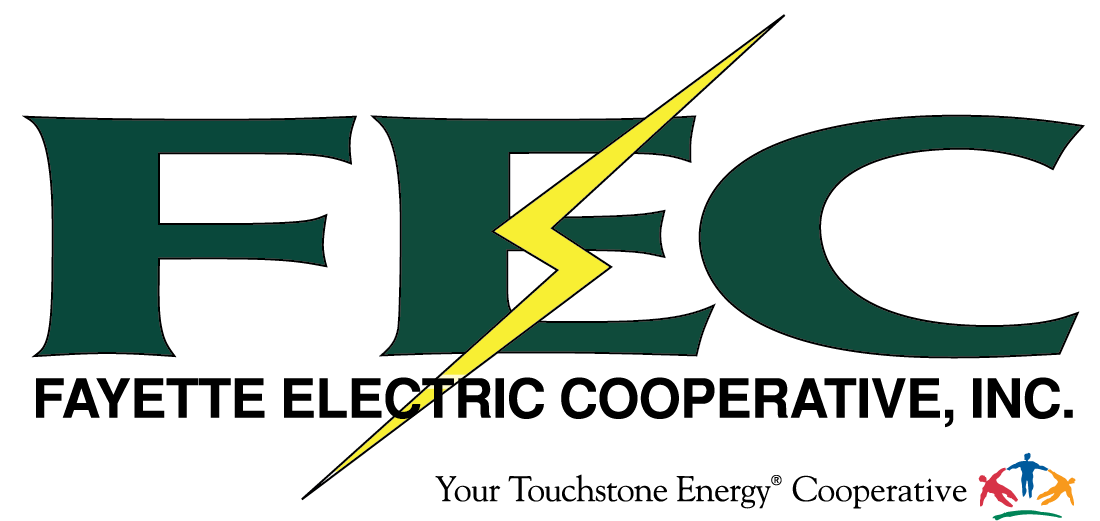A group of young detectives has been at work on a new case: students at Round Top-Carmine School are hunting for clues that lead to high home utility bills and energy waste. These detectives are fifth graders from Bonnie Pesch’s science class. Students are learning that their own bad energy habits like keeping lights on, leaving the refrigerator door open, or taking 30-minute showers can waste natural resources and cost their families additional money on their monthly electric bills.
Fayette Electric Cooperative sponsored the PowerHouse™ Energy Investigation Program. Catherine Poppe, of FEC, and Erik Corredor of the Lower Colorado River Authority, facilitated the program, which teaches middle school students and their families about the effects of energy use on natural resources and the environment.
Through the PowerHouse program, students get a hands-on understanding of energy consumption by becoming energy “detectives.” Using a walk-through guide, students investigate and record their households’ energy-using features. The results of their investigation are then entered into the PowerHouse software program which analyzes the data and produces a personalized report showing patterns of energy use, some energy-saving tips and a summary of their impact on the environment and various natural resources. The program also offers practical solutions that students can take home to share with their families.
Angelica LeBouef said, “I learned how electricity travels from the generation plant into my home.”
Milo Miche said, “The most important thing I learned is that LED lightbulbs are the best light bulbs to use because they don’t heat up your house so your air conditioner doesn’t have to work really hard.”
“PowerHouse is an innovative program to teach students about energy and water efficiency. It’s a complete course for these students to learn about resources used to produce electricity and how that electricity gets to their homes from the power plant. It helps them understand how their household’s energy use can affect our environment,” said FEC Marketing and Training Coordinator Catherine Poppe.

